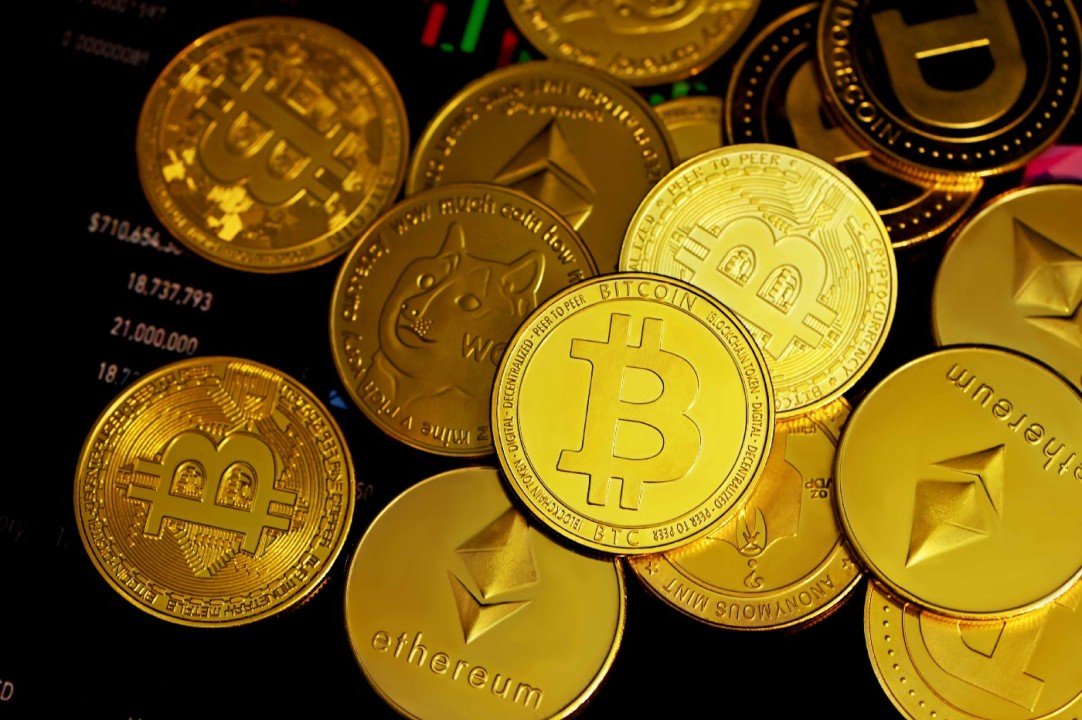A digital token is a digital representation of a specific amount of digital resources that can be owned, assigned to another, or redeemed later. It can be used to buy various items, including domain names, electronic gadgets, and jewelry, pay for university tuition fees and hotel accommodations, and make donations. Digital tokens can be categorized into three major types: currency tokens, utility tokens, and asset or investment tokens. Currency tokens are meant to pay for goods and services, utility tokens give users access to products or services, and asset or investment tokens represent ownership of assets like stocks or real estate.
How do digital tokens work?
Digital tokens are electronic representations of a specific amount of digital resources that can be owned, assigned to another, or redeemed later. They are used to buy various items, including domain names, electronic gadgets, and jewelry; pay for university tuition fees and hotel accommodations; and make donations. Digital tokens can be categorized into three major types: currency tokens, utility tokens, and asset or investment tokens.
Currency tokens are meant to pay for goods and services, utility tokens give users access to products or services, and asset or investment tokens represent ownership of assets like stocks or real estate.
To set up a digital token, users typically need to follow these steps:
- Download and install the required mobile banking app.
- Log in to the app using your credentials.
- Navigate to the section where digital tokens are managed.
- Follow the on-screen instructions to set up the token, which may involve entering a registration code sent via email or SMS OTP.
Once set up, digital tokens can be used to authenticate transactions, such as approving or rejecting payments, by tapping on a push notification or launching the banking app and approving the transaction.
What is the difference between a digital token and a cryptocurrency?
The main difference between a digital token and a cryptocurrency is that cryptocurrencies are the native asset of a blockchain, such as Bitcoin (BTC), while tokens are built on top of an existing blockchain, using smart contracts. Cryptocurrencies are decentralized and use blockchain technology to record and manage transactions, while tokens are subject to the control of the company or organization that created them.
Here are some key differences between cryptocurrencies and tokens:
- Native Asset: Cryptocurrencies are the native asset of a blockchain, while tokens are built on top of an existing blockchain.
- Decentralization: Cryptocurrencies are decentralized, meaning they have no central authority, while tokens can have a central authority, such as the company or organization that created them.
- Control: Cryptocurrencies are not controlled by any entity, while tokens can be controlled by the company or organization that created them.
- Value: Cryptocurrencies are used as a medium of exchange and as a store of value, while tokens can have a variety of uses and their value is determined by their use case and demand.
- Transaction Fees: Fees for transactions involving cryptocurrencies are cheaper than those for tokens.
- Smart Contracts: Tokens are often built using smart contracts, which allow for more complex interactions and uses than traditional cryptocurrencies.
In summary, cryptocurrencies are the native asset of a blockchain and are decentralized, while tokens are built on top of an existing blockchain and can have a central authority.






